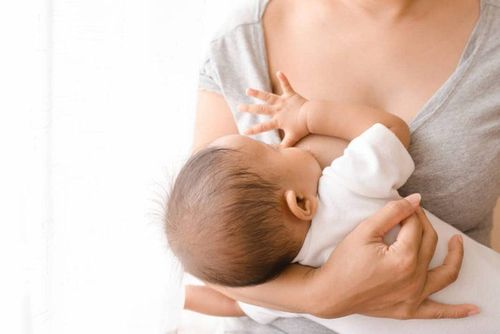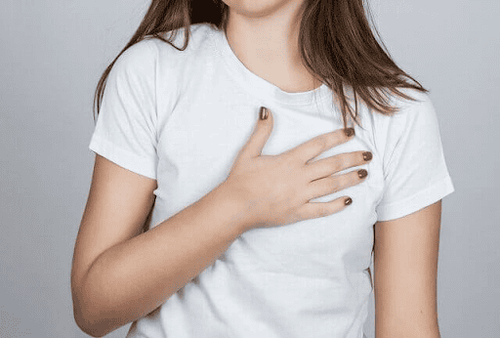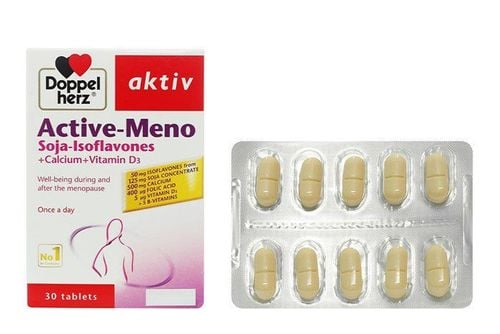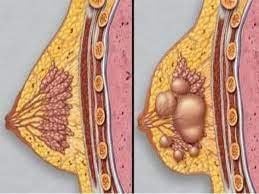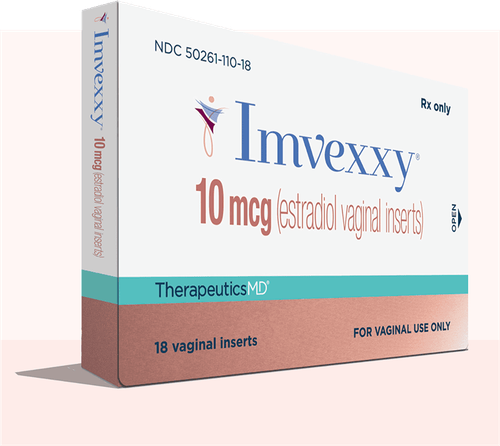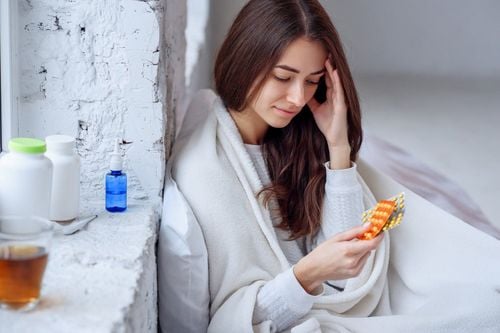This is an automatically translated article.
Pain, swelling, burning, and tenderness in the breasts can be frustrating and uncomfortable for many women. Some people even worry that breast pain is a sign of breast cancer. It is important to identify the specific cause of breast pain so that appropriate management and treatment can be found.1. Cyclic breast pain
Breast pain can occur with your reproductive cycle, including some of the typical signs:
Pains that cause pain and heaviness in the breast Breasts seem to be swollen or look swollen lumpy Both breasts are affected, mainly the upper and outer breast. Sometimes, the pain can also spread to the armpit. Breast pain occurs when you are in your childbearing years (about 20 - 30 years old) or about to go through menopause. To ease cyclical breast pain, your doctor may advise you to use birth control pills or adjust the dose of medication you're taking. In addition, you should also cut back on your caffeine intake or try an over-the-counter pain reliever such as ibuprofen, naproxen sodium, or acetaminophen.
2. Hormone levels in the body
Most breast pain seems to be related to the levels of two hormones in your body, including estrogen and progesterone. The specific cause of breast tenderness is still unknown, but experts say it can occur at different times during certain milestones, including:
Puberty Menstrual cycle monthly or premenstrual syndrome (PMS) Pregnancy, mainly symptomatic breast tenderness in the first 3 months of pregnancy During lactation. In certain cases, blocked milk ducts can cause infection, leading to mastitis and breast pain. This condition should be treated immediately with antibiotics. Menopause When your nipples are sore, this can be a sign that your period is coming. This pain, along with other breast pains, will be relieved when you get your period. In addition, pregnancy can also cause your nipples to become tender and swollen.
Breastfeeding itself can cause sore nipples when your baby latches on. Your nipples may even crack or bleed. To ease the pain, you should use ointments or even apply a few drops of milk on your nipples to soften them before you start breastfeeding.
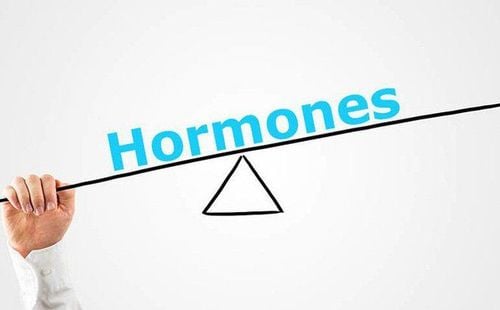
Nồng độ hormone thay đổi là một trong các nguyên nhân đau vú
3. Change in the fiber covering the mammary gland
Changes in breast tissue are related to hormones in the body. Fibrous tissue and cysts forming in the breast can be painful, but this is normal and does not affect your health. According to research, about half of women between the ages of 20 and 50 suffer from this disease. You won't need treatment unless you have severe symptoms.
4. Fatty Acid Imbalance
Fatty acids are found mainly in vegetable and animal oils. When an imbalance of these acids occurs in the cells, it can cause the breasts to become more sensitive to hormones and lead to breast tenderness.
To relieve symptoms, you can cut fat in your diet while also adopting a diet high in complex carbs. Alternatively, you can also use evening primrose oil to correct fatty acid imbalances.
5. Non-cyclical breast pain
Breast pain can also be caused by other reasons besides hormones, including:
Aching, tight or burning sensation in the breast Persistent discomfort in the breast that is unpredictable Pain seems to be affects one breast in a specific area Have gone through menopause
6. Pain outside the breast
The pain feels like it's radiating from the breast, but it's actually radiating from somewhere else in the body, usually the chest wall. The pain tends to be relieved with rest, nonsteroidal anti-inflammatory drugs (NSAIDs), or cortisone injections.
If you feel tightness in the main muscle in your chest (located below and around your chest), you may also notice that your chest is the source of the pain. This condition is often the result of performing activities such as lifting, scratching, or shoveling a heavy object.
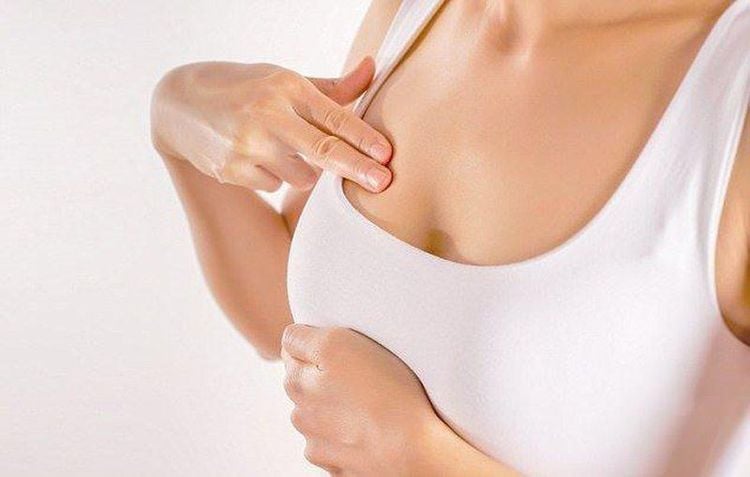
Đau vú có nhiều nguyên nhân khác nhau gây ra
7. Infection
Although mastitis is more common in breastfeeding women, it can actually affect people of all ages. If you wear a shirt that is too tight on your nipples, it can cause irritation and allow bacteria to enter, leading to an infection.
In addition, breast tenderness can also stem from thrush (a yeast infection of the breasts and nipples), which can cause a burning sensation, redness, dryness, or peeling of the skin in the breasts. nipple.
8. Trauma
Trauma is another common cause of breast pain. When a specific area of the breast is damaged, such as with an implant or surgery, it can cause breast pain. Sometimes trauma can also cause the breast veins to swell and form blood clots.
9. Medicines and some other skin conditions
Certain prescription drugs as well as hormonal drugs can be other causes of breast pain. These include some psychiatric medications and medications for heart disease. In addition, inflammatory skin conditions, such as contact dermatitis or eczema, can also cause a rash or swelling around the nipples. If you have these skin problems, you should talk to your doctor about how to treat them.
Currently, Vinmec International General Hospital has been implementing a breast cancer screening package for women of different ages. At Vinmec, there is a full range of necessary medical equipment, a system of modern medical machines to perform methods of examination, diagnosis, testing, imaging, and treatment of breast cancer at many stages. paragraph.
Accordingly, the breast cancer examination and treatment process at Vinmec is carried out by a team of highly qualified medical professionals who have undergone training and are technically certified, able to handle quickly and effectively. fruit. Therefore, when using Vinmec's breast cancer screening and early detection package, customers can detect cancer even when there are no symptoms, providing a much higher chance of definitive treatment. .
Please dial HOTLINE for more information or register for an appointment HERE. Download MyVinmec app to make appointments faster and to manage your bookings easily.
Reference source: webmd.com



